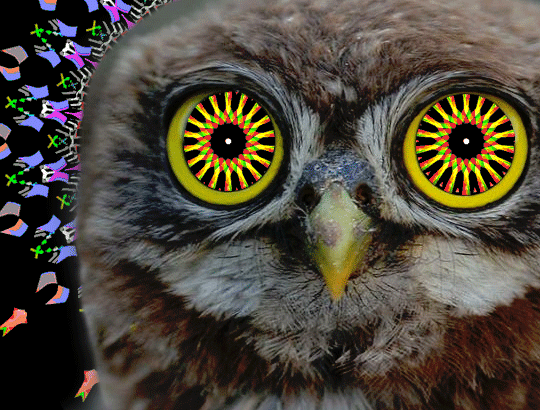Keep in mind I'm paraphrasing this from memory but:
"In my main line of work, we breed fruit flies. We noticed that the some of the more aggressive males would fight over a bit of land, plant, whatever, to court females. We wondered what would happen if we only let the aggressive flies breed, and within 10 generations we had flies that were like Hercules (fruit flies breed very fast which is why they are used to study genetics and evolution). We then reintroduced them back to the more natural population of flies. What ended up happening was; while the aggressive flies were busy fighting, the non-aggressive males were hanging out with the females and making babies. The aggression was quickly bred out and after a couple of generations it went back to initial levels. We often hear the phase 'survival of the fittest' in this field of study, but just a reminder that it doesn't always mean what you think it means."
I thought that was an interesting aside that you might enjoy. ![]()


yep. Perhaps this is a little tangential to the conversation, but I personally think human evolution is behavioral rather than genetic.
Like, sure, there's still genes and stuff, and that undergoes it's own very slow selective pressure. But on top of that is our ability to learn new behaviors and then communicate them to others. Other animals have to wait generations for behaviors to spread through the whole species. For us, it's practically overnight.
This is true for lots of animals, mammals in particular. That’s one of the things that’s made mammals so successful, is the ability to remember learned experiences to help in future encounters, and often to pass those learned behaviors on to their offspring or other members of their species, which most types of animals can’t do to nearly the same extent.
Give a bear enough time and it’ll figure out how to open pretty much any trash can. They’ll also teach other bears how to do the same (not sure if it’s just their kids, I think it’s other bears too). Different orca and dolphin pods can have very different hunting strategies not based on anything genetic, but just that that’s how they were taught.
deleted by creator